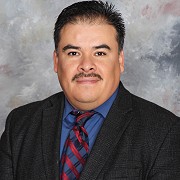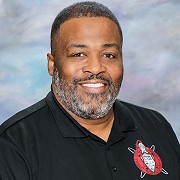Local School Council
Local School Council Regular Meetings SY 2022/2023
MEETING SCHEDULE
All Meetings are In Person @GOODE Yoga Room
Las Reuniones son En Persona @GOODE Yoga Room
Please contact the main office if you have questions (773) 535-7875
*Meeting Date/Time subject to change with posted notice.
| Date | Time | Location |
|---|---|---|
| September 13, 2023 | 5:00 pm | YOGA ROOM |
| October 11, 2023 | 5:00 pm | YOGA ROOM |
| November 08 , 2023 | 5:00 pm | YOGA ROOM |
| December 13, 2023 | 5:00 pm | YOGA ROOM |
| January 10, 2024 | 9:00 am | YOGA ROOM |
| February 14, 2024 | 5:00 pm | YOGA ROOM |
| March 13, 2024 | 9:00 am | YOGA ROOM |
| April 10, 2024 | 5:00 pm | YOGA ROOM |
| May 08, 2024 | 5:00 pm | YOGA ROOM |
| June 05, 2024 | 5:00 pm | YOGA ROOM |
LSC MEMBERS
- Parent Representatives:
- Gloria Padilla
- Olga Torres
- Nausheen Brooks (Chairperson)
- Isabel Reyes
- Lynda Smith (Vice Chair)
- Maria Zapien
- Community Representatives:
- Miguel Montero
- Veronica Pantoja
- Teacher Representatives:
- David Plascencia (Secretary)
- Martin Block (OMA/FOIA)
- Non-Teacher Staff Rep:
- Keith Miller
- Student:
- Zaid Orduno
- Miriam Castillo
- Vacant
Local School Councils are responsible for:
- Approving the school based academic plan (CIWP)
- Approving the alignment of budgetary resources to the CIWP
- Engaging in the annual evaluation of contract principal’s professional practices
- Selecting or renewing contract principals
Comprised of parents, community, educational, and student members, LSCs serve as an important vehicle for participatory democracy, providing a wide variety of stakeholders an opportunity to make important decisions about how students in their communities will be educated.
Los Consejos Escolares Locales son responsables de:
- Aprobar el plan académico basado en la escuela (CIWP)
- Aprobar la alineación de los recursos presupuestarios al CIWP
- Participar en la evaluación anual de las prácticas profesionales del contrato del Director
- Selección o renovación del contrato del Director
Compuestos por padres, miembros de la comunidad, educativos y estudiantes , los LSC sirven como un vehículo importante para la democracia participativa, brindando a una amplia variedad de partes interesadas la oportunidad de tomar decisiones importantes sobre cómo se educará a los estudiantes en sus comunidades.






